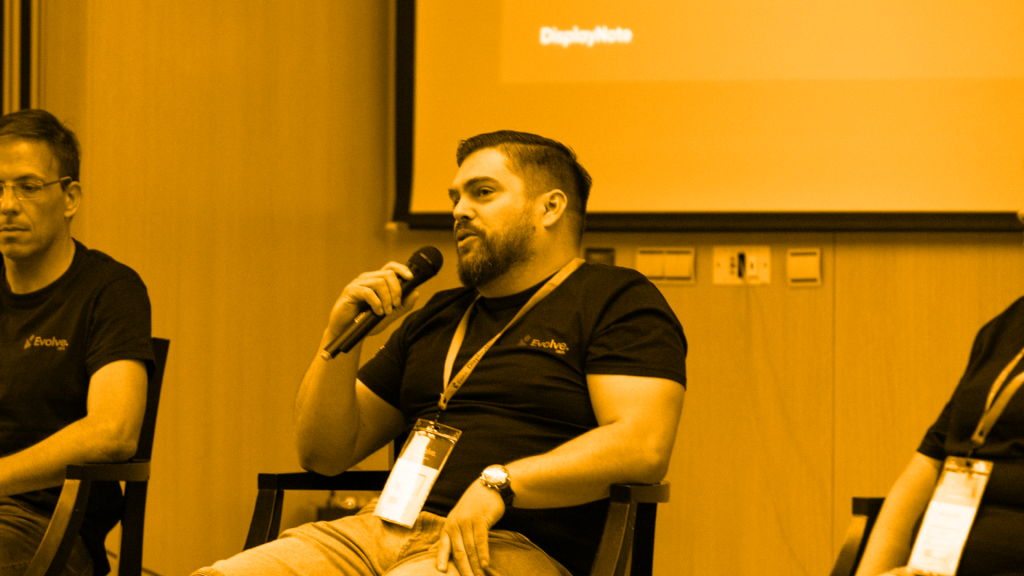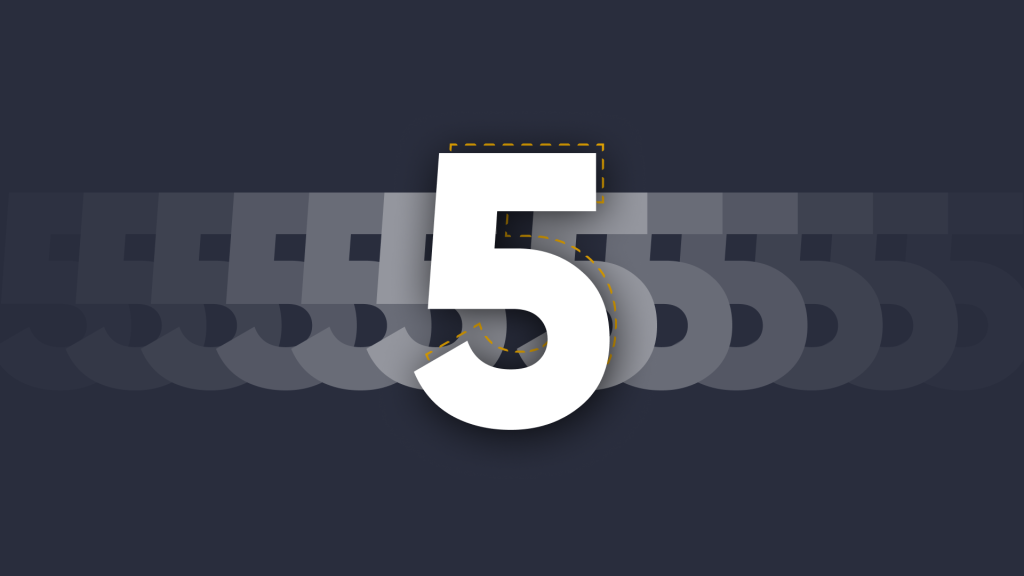
10 Habits That Will Increase Your Personal Productivity
Getting more accomplished and achieving goals in your day is sure to make you happier.
According to Action for Happiness
‘Goals big and small can be the stepping-stones to a happier life and the way we set them can make a difference to achieving them.”
People who manage to achieve daily goals have not found a secret sauce, they help themselves accomplish more by following several simple habits to increase their own productivity.
Here Are 10 Simple Habits Which Will Help You To Increase Your Personal Productivity..
1. An unorganised desk can lead to an unorganised mind
Last thing in the evening, ensure you are happy with how your workspace and desk looks, so that you are coming in each day to a clean space. If your desk screams disorder and mayhem, your day and workload may subconsciously reflect this also. Disorder around your working area can affect your ability to remain focussed on the task at hand.
Per Josh Davis, director of research at the NeuroLeadership Institute and author of Two Awesome Hours.
You need to ‘Make your workspace work for you’. Josh continues to say that we should learn what environmental factors work for us to be on top of our game and how to adjust your environment accordingly.
2. Lose the negativity
There’s a famous quote that says ‘She thought she could so she did’. This quote comes to mind when I think about how positivity can effective productivity. I take from this quote that if you think you will accomplish a task you WILL but if you think you will NOT accomplish a task you will NOT.
Think of a time when you had a bad day and all you could think about was how heavy your workload was and how you would NEVER get through it. Did these negative thoughts help you achieve your objectives or result in the opposite; stressed and nothing accomplished?

Shawn Anchor, author of The Happiness Advantage, has found that the brain works much better when a person is feeling positive. At those times, individuals tend to be more creative and better at solving problems.
Additional research has shown that when workers are happy they’re more effective collaborators working toward common goals. As Anchor sees it, the incentive for organisations is clear-cut—“happiness leads to greater levels of profits” for companies that take the right steps. To increase your own productivity, decrease any negative thoughts that may occur throughout your day.
3. Put the phone away
Your phone can be a major distraction. In a report published in the Journal of Experimental Psychology: Human Perception and Performance, researchers from Florida State University found that even if you don’t look at your phone when it buzzes, the sound makes your mind wander.
My advice here is to ensure you are using your phone in a productive manner. Many people need their phones for work during their day but it’s about finding that balance between productive usage and distraction. For example, Instagram or twitter notifications don’t need to be part of your working day. Why not try to amend your notifications on your phone to ensure you will only be notified of the ‘work related’ or important tasks.
4. Know your own weaknesses
Being able to clearly identify what distracts you can be a great start to avoiding these distractions. I carried out a little exercise myself to identify what distracts me from focussing on my work. I took one day and noted times when I felt distracted. This exercise helped me realised that I do spend a lot of my day focussed and I am fairly good with my time management, but this is due to me following many of the tips I mention in this blog.

However, I did note that my top two distractions are work emails and a family WhatsApp group on my mobile phone that notified me each time a family member commented on the group, because I have identified these as distractions I now disable the WhatsApp notifications on my mobile phone and schedule dedicated times for email each day without breaking these times to check Ad hoc emails as they come in.
Although these emails are work related and important I ensure I spend time first thing each morning as well as last thing in the evening before leaving the office and sometimes over my lunch to ensure I do not miss important requests. Many office workers tend to judge their own productivity by how many emails they get through each day. Don’t be fooled into doing this, for example ‘I got through 112 emails today ergo I was so busy’. Always focus on the tasks you have accomplished rather than the amount of emails you have gotten through.
5. Make lists, prioritise these and focus on each task
To get more accomplished in your day, it’s a good idea to list out exactly what you want to achieve. Start each day with a new list of tasks, prioritise these by importance and tick each task as you complete these. Each person may have different ‘peak performance’ times. I personally am at my best first thing in the morning and straight after lunch. During these times, I focus on more important activities creating content, writing proposals or planning marketing campaigns. When I am feeling less alert and slightly sleepy I tend to focus on tasks that require less thinking, like researching competitors or content for social media scheduling.
.jpg)
6. Plan what you are doing every hour of the day
At the start of the day, list your activities, divide into hours and know what you are doing every hour. By dedicating each hour or more to a particular task you are making yourself accountable to complete that task within the dedicated time scheduled. This will help you to really focus on the task at hand without feeling that you should be doing something else or getting distracting within that particular period of time. Cal Newport, author of Deep Work Rules for focused success in a distracted world, teaches a quick and easy method of doing this, outlined in the image below.
.jpg)
7. Run
Researchers from the University of Otago in New Zealand found that a daily 20-minute run helped lab rats complete problem-solving tasks more quickly and efficiently than their nonexercised counterparts. Exercise will not only improve your physical health but will help with your mental health and productivity also.
Why not use your lunch time to go for that 20-minute run you have been thinking about? This is a great time for contemplation, it will help you to clear your mind of other distractions and help to find solutions to problems or even think of blog content, campaign idea or content for a presentation you may be giving soon. Taking time out to think while you exercise can help you to then come back to your desk with a fresh new set of ideas. Your boss will thank you for taking the time out each day when he/she sees the increase in your productivity.
8. Find a window
Access to sunlight from your desk can boost productivity. In a study by the California Energy Commission, workers who sat near a window performed better, processing calls 6% to 12% faster and performing 10% to 25% better on tests that involved mental function and memory recall.
9. Meet smarter
Meetings can sometimes overrun and take up more time than originally expected. Make it your objective to make meetings short. Try limiting the agenda to three items or less. “Keep meetings short by limiting the agenda to three items or less,” says Alan Eisner, professor of management at Pace University’s Lubin School of Business. “Afterward, send out minutes using your agenda so everyone knows what to work on.”

A good wireless presentation system can also contribute to making your meetings more effective. With a wireless presentation system you will spend less time searching for cables to connect your device to the meeting room main display. You will also be able to share your thoughts on the screen seamlessly without having to turn your device around to show meeting participants and everyone in the meeting will be able to participate and give feedback on what’s on the main display at the same time.
10. Avoid Multi-tasking
Although this is very tempting, jumping in and out of different tasks during your day isn’t the most effective way to work. A 2010 study by researchers at the Ecole Normale Superieure in Paris found the brain can only handle about two major tasks at time, NPR reports. Try to focus on one job at a time to get more done effectively.
In summary
There is no secret sauce to achieving goals and being more productive but with the simple habits above you can improve how you manage your workload on a daily basis to increase your overall productivity.
Next Steps

You may also be interested in the blog post Increasing Productivity in Enterprise Via Effective Collaboration.
Want to stay in the loop?
Keep up-to-date with everything DisplayNote – including new releases, job openings, and customer giveaways.
Don’t worry, we’ll not spam you and we’ll never share your email with anyone






